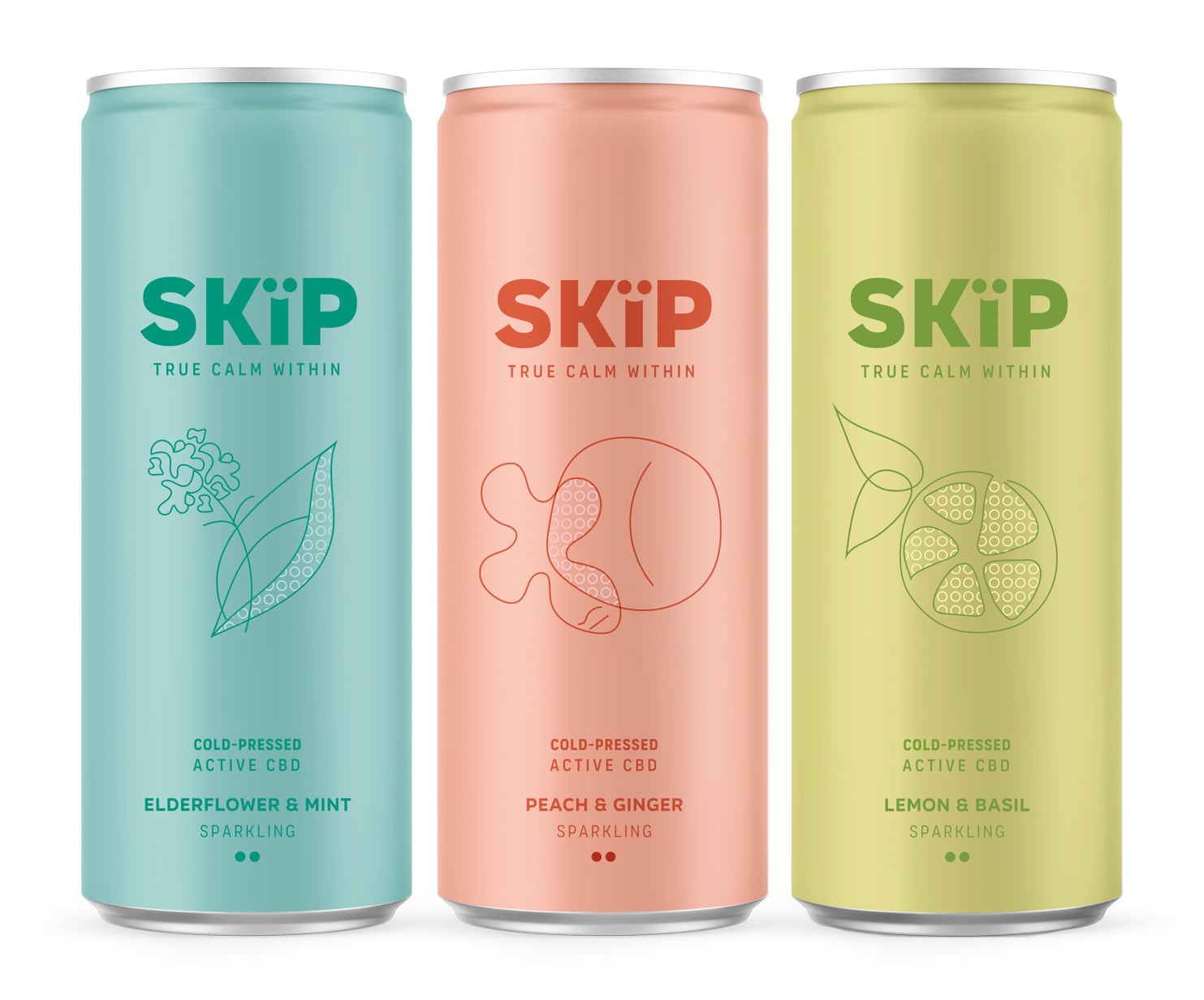The authority’s preparatory work for the update of the statement on safety of cannabidiol (CBD) as a novel food, open for public consultation until Oct. 14, concludes that safe usage for individuals under 25, pregnant or lactating women, and those under concurrent medications, cannot be established.
Jérôme Le Bloch, PhD, head of scientific affairs at FoodChain ID, told NutraIngredients he had concerns with EFSA’s process, including its lack of transparency, methodological shortcomings and questionable basis for a ‘very restrictive’ limit.
“As in previous evaluations, EFSA does not clearly explain which studies were included or excluded, nor provide sufficient justification for rejecting a large proportion of the literature reviewed,” he said.
“The 2 mg/day value is derived from a BMDL [benchmark dose lower confidence limit] using a single safety endpoint, which is debatable.”
He added that EFSA applied an unusually strict safety margin of 400, instead of the standard factor of 200.
“The proposed 2 mg/day limit is extremely low and would likely eliminate consumer interest,” he said.
While the authority’s opinion has no immediate legal effect, EFSA will use it as a reference point in ongoing novel food evaluations.
Applicants can still submit additional safety data on their specific products. EFSA is obliged to consider such evidence, which may support higher dosage approvals and help close existing data gaps.
“This opinion should be critically discussed during the upcoming public consultation,” Dr. Le Bloch said. “As consultants, we will actively participate. We also strongly encourage companies that have publicly available safety data to contribute, as this could help influence EFSA’s position.”
New data since 2021
During the assessment of cannabidiol (CBD) as a novel food, in 2022 the EFSA Panel on Nutrition, Novel Foods and Food Allergens (NDA) identified significant data gaps. Concerns focused on potential adverse effects on the liver, gastrointestinal tract, endocrine, nervous and reproductive systems.
Since then, the number of scientific publications on this topic has increased significantly, leading EFSA to update its statement, incorporating a review of literature published after 2021, to evaluate whether the previously identified data gaps have been resolved.
Literature searches to retrieve relevant animal and human studies covered the period from the previous statement until June 2024.
On reviewing the new evidence, the report concluded that data gaps remained, stating many of the new studies suffer from methodological limitations, including non-standardized protocols, short durations and concomitant treatment with medicine.
New pharmacokinetic studies confirmed that CBD’s bioavailability is highly variable, influenced by delivery matrix and food intake, and its ability to cross the placenta and accumulate systemically raises further safety concerns, according to EFSA’s report.
Further, animal studies revealed consistent liver toxicity, with liver weight and histopathological effects emerging as sensitive endpoints, while human trials indicated hepatotoxic potential, especially when CBD is used in combination with other medications.
EFSA’s report stated that animal studies on reproductive toxicity confirmed the concern for this endpoint— neurodevelopmental effects following prenatal exposure were observed, endocrine disruptions were noted, and no studies directly addressed immunotoxicity.
To set a provisional safe dose, the panel performed a benchmark dose modelling from GLP-compliant subchronic studies, deriving a provisional safe dose of 0.0275 mg/kg bw per day (2 mg/day for a 70-kg adult), by applying an uncertainty factor of 400.
This provisional safe dose applies solely to food supplement formulations with CBD purity of over 95%, without nanoparticles and for which genotoxicity has been ruled out.
The panel further concluded that, based on all available data, the safety of CBD cannot be established for individuals under the age 25, pregnant or lactating women, and those on concurrent medications.
CBD markets across Europe and the UK
As of Aug. 27, the European Commission has received over 200 applications for CBD as a Novel Food, with 17 currently undergoing risk assessment at EFSA .
At present, Epidyolex, a prescription medicine used to treat specific types of epilepsy and containing highly purified cannabidiol (CBD), remains the only authorized CBD product on the European Union market.
Since the publication of the EFSA statement, there have been no changes to CBD authorization in Europe. CBD products intended for oral consumption remain unauthorized under existing Novel Food regulations.
In February 2025, the French Agency for Food, Environmental and Occupational Health and Safety (ANSES) submitted a proposal for the classification of CBD as a presumed human reproductive toxicant under Regulation (EC) No 1272/2008 on Classification, Labeling, and Packaging (CLP) of chemical substances and mixtures.
This proposal was based on studies demonstrating adverse effects of CBD on fertility and fetal development.
In Switzerland, the Federal Department of Home Affairs and Federal Food Safety and Veterinary Office issued a letter in 2021 recommending a maximum daily oral dose of 12 mg of CBD for adults.
In the UK, CBD manufacturers were recently advised to bring their products in line with the country’s newly imposed 10 mg/day limit, down from 70 mg/day.
The UK Food Standards Agency (FSA) and Food Standards Scotland (FSS) operate independently of EFSA post-Brexit so any changes there would follow a UK-specific risk assessment and consultation process.





